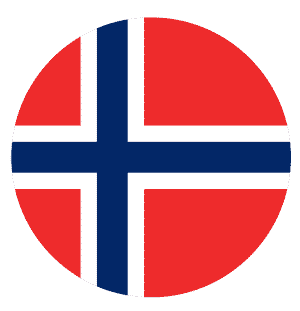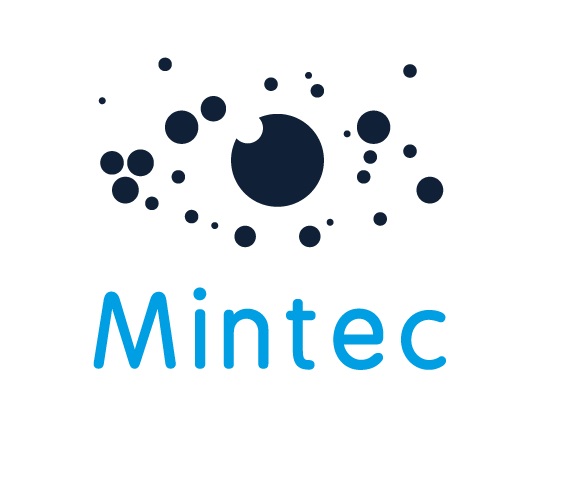The procurement landscape, particularly that of the food and beverage industry, has faced a raft of difficulties in recent years. Various challenging factors including the war in Ukraine, volatility of global commodity prices and extreme weather, have swept the globe, catalysing unprecedented obstacles for many industries.
As an area of business so reliant on the efficiency of global supply chains, food and beverage procurement has faced unique and seismic issues on these various fronts. As many of these issues persist whilst we enter the final months of the year, the question remains: will 2023 be the most challenging year ever for procurement?
War in Ukraine
The outbreak of conflict between Russian and Ukrainian forces has evoked a tremendous shock to many areas of global trade, including the food and beverage sector.
Ukraine is widely regarded as the ‘breadbasket’ of Europe. Pre-war, the country’s wheat exports accounted for 10% of the global total according to the Food and Agriculture Organization (FAO). Meanwhile, Russia previously supplied about 20% of global wheat exports.
The sudden withdrawal of vast quantities of wheat commodity from the marketplace has spooked consumers, and driven wheat futures to record highs throughout 2022. With no sign of the market plateauing as we near 2023, sustained shortages of goods such as bread and pasta have forced grocery retailers and food manufacturers to inflate their prices to unprecedented levels.
Furthermore, as Gazprom has ceased shipping gas to Europe via Nord Stream, numerous fertiliser companies across the continent are putting operations on hold due to the high cost of natural gas. Many analysts predicted that the Ukraine conflict would be over by Christmas. However, as this eventuality looks increasingly unlikely, a scarcity in fertiliser looks set to continue into the new year. Procurement leaders in the food and beverage sector must brace to overcome this shortage, finding efficiencies in their supply chains.
Economic uncertainty across global markets
The three largest global economies - the USA, China, and the eurozone—have been sharply slowing throughout this year. Similar stories are emerging in the UK, Australia, and Japan, whilst the eurozone’s big four economies have each had their growth forecasts for the next year downgraded by the International Monetary Fund (IMF).
With global recession impending, the procurement function of the food and beverage sector may be caught in the crosshairs of this widespread shock to markets.
Against this backdrop, manufacturers have been hit with price rises on goods such as coffee and vegetable oils. Coupled with the war’s impact on commodity prices, global economic downturn has slowed production in many areas of the food and beverage sector, largely owing to gas conservation and wage increases for workers which fall in line with inflation.
The procurement function of the food and beverage industry has faced disruption as a result of these challenges. Global collaboration could go a long way in boosting resources to maintain the food and beverage supply chain in 2023. However, as a raft of central banks simultaneously hike interest rates in response to inflation which spells out trouble for fiscal and household solvency, nations’ political inclination to conserve their own reserves may supersede a desire to bolster international trade links with regards to commodities and produce, potentially illustrating a grim picture for procurement throughout 2023.
Extreme weather impacting food and beverage commodities
Climate change has dominated business headlines for some time. Mitigating climate risk has therefore become a key priority across finance, procurement, and trade. However, in 2022 we were faced with the realities of global warming when flooding, fires, and windstorms swept the globe, causing tumult for procurement professionals whose access to necessary food and beverage commodities was restricted by freak weather and natural disasters.
The price of goods including Brazilian coffee, Canadian yellow peas and Belgian potatoes spiked in the last couple of years in response to flooding and extreme temperatures. In the UK, around half of the potato crop for 2022 will fail due to the unparalleled summer drought. Meanwhile, EU harvest forecasts reflected that grain yield plummeted by 16% and there was a 15% decrease in soybeans.
As well as forming the basis for many products consumed by humans, these depleted crops also impacted farmers of dairy and meat, as their livestock are sustained by the consumption of these commodities. For the procurement sector, this spells disaster for 2023. The economic impact of this phenomenon drove many farmers into the red. Ramifications of this may include a decreased supply of sources for procurement professionals to draw from when seeking contracts to secure commodities.
Whilst there are many trials ahead for procurement in 2023, it is worth noting that historically, nations have overcome shortages in commodities by finding creative ways to increase their output. There is substantial R&D resource being thrown at moving to a renewable energy model which will mitigate any impact from the gas and oil shortages we have seen this year. Furthermore, the evolution of diets and cultural trends in food and beverage may recalibrate the traditional volumes of crops which are required to produce the most popular foods, perhaps mitigating the deficit of traditional heavyweight commodities.
Overall, the next year will present unpredictable challenges. The food and beverage procurement sector can, however, be agile in its response if collaboration and creativity are drawn upon.
Why Mintec?
On average, our customers tell us they can typically save over 2-3% on their COGS.
Using Mintec data in supplier negotiations, they can control price inflation and reduce proposed price increases across branded and private-label goods.
That means for every 100 million you spend on materials, Mintec could save you more than 3 million annually.
"We save a small proportion in a single negotiation using Mintec, but these savings can be significant when you spread it out across the year."
Mintec Customer
* Actual savings depend on several factors including the time frame over which the hedge was made and the volumes of materials purchased.

.png?width=145&height=54&name=Mintec_Logo_Small_Use_Mono_RGB%20(2).png)















